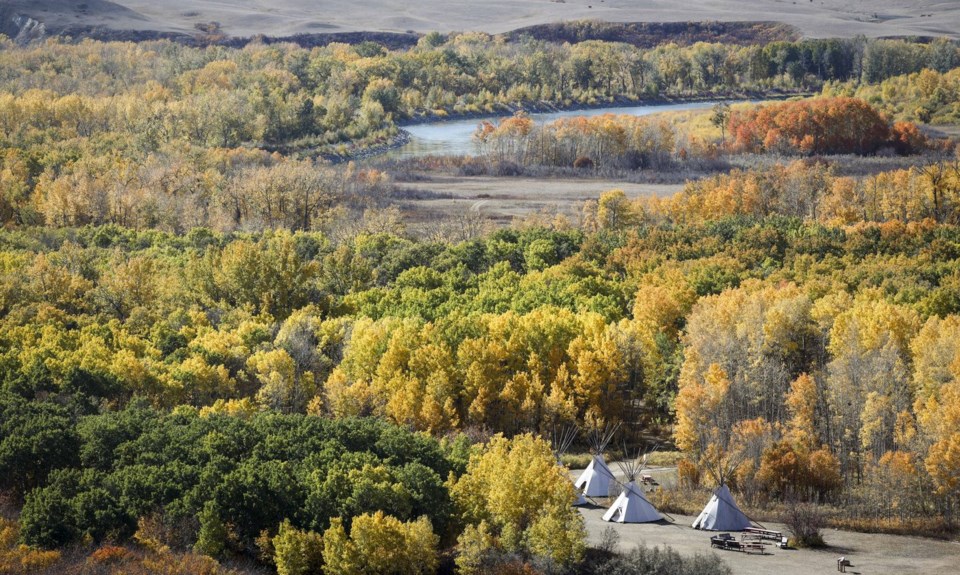EDMONTON — An Alberta First Nation is asking a judge to review the provincial government's decision earlier this year to end its moratorium on coal mining.
In an application for judicial review filed this week in the Court of King's Bench in Calgary, Siksika Nation says Alberta failed in its duty to consult when in January it lifted its moratorium on new coal mining projects on the eastern slopes of the Rocky Mountains.
The 2021 moratorium, which Alberta is being sued for implementing by a handful of coal companies seeking billions in damages, was issued in response to public outcry after the province lifted its long-standing coal mining policy the year before.
The province announced in December that it had nearly finalized a new coal policy, based in part on work done by a government committee struck in 2021 and consultations with industry that had yet to occur.
Despite the policy not being finalized, Alberta lifted its moratorium in January and directed Alberta's energy regulator to consider some of the new policy's key principles — as well as the existing policy — as it began considering coal mine project applications in the eastern slopes again.
Energy Minister Brian Jean said at the time that the new policy would ban certain types of coal mining and increase royalties, and that by lifting the moratorium Alberta was reducing regulatory confusion.
Siksika Nation, 95 kilometres east of Calgary, says in its application that it made a number of written submissions to the 2021 committee, but argues Alberta effectively ignored the committee's recommendations and the nation's submissions by lifting the moratorium when it did.
The nation says it hasn't been consulted as part of the development of Alberta's new policy "despite creating the legitimate expectation that it would."
Jean's office did not immediately respond to a request for comment Friday.
Siksika's application says the effects of coal mining in the Rockies threaten Treaty rights and the land and water that supports the nation's livelihood, and that it has been trying to warn the province of such an impact for decades.
"The traditional practices conducted on these lands and waters are integral to Siksika’s physical and cultural survival," the claim says.
"Yet, the order was issued without any consultation with Siksika and, in its effect, dismisses concerns that Siksika has consistently communicated to Alberta."
The nation's claim says Alberta has created an overall "inconsistent policy framework" given it has two different coal policies in place.
"Accordingly, the order does not provide intelligible direction to the (Alberta Energy Regulator) about how to reconcile these ambiguities and internal conflicts," the claim says, noting that the regulator has approved a number of coal exploration permits since the moratorium was lifted in January.
It's the second time Siksika Nation has challenged United Conservative Party government's coal mining decisions.
When Alberta first lifted its long-standing coal policy in 2020, Siksika challenged the move in court, but proceedings were discontinued the following year when public outrage spurred the province to reinstate the policy.
That policy flip-flop prompted coal companies to sue Alberta for a combined $16 billion, arguing that the reinstatement and effective moratorium amounted to expropriation of land.
The province recently reached settlements with two companies involved in the lawsuit, Evolve Power and Atrum Coal, for undisclosed amounts.
Siksika Nation Chief Ouray Crowfoot said in a news release Friday that the nation had challenging Alberta in court again was the nation's "only option."
“We have tried to engage the Government of Alberta in good faith over the past several years on this issue," Crowfoot said. "They made commitments to consult with First Nations in regional land use plans and other forums but they just don’t listen."
"Once coal mines are approved, the damage will be done and it will be too late.”
This report by The Canadian Press was first published July 4, 2025.
Jack Farrell, The Canadian Press



